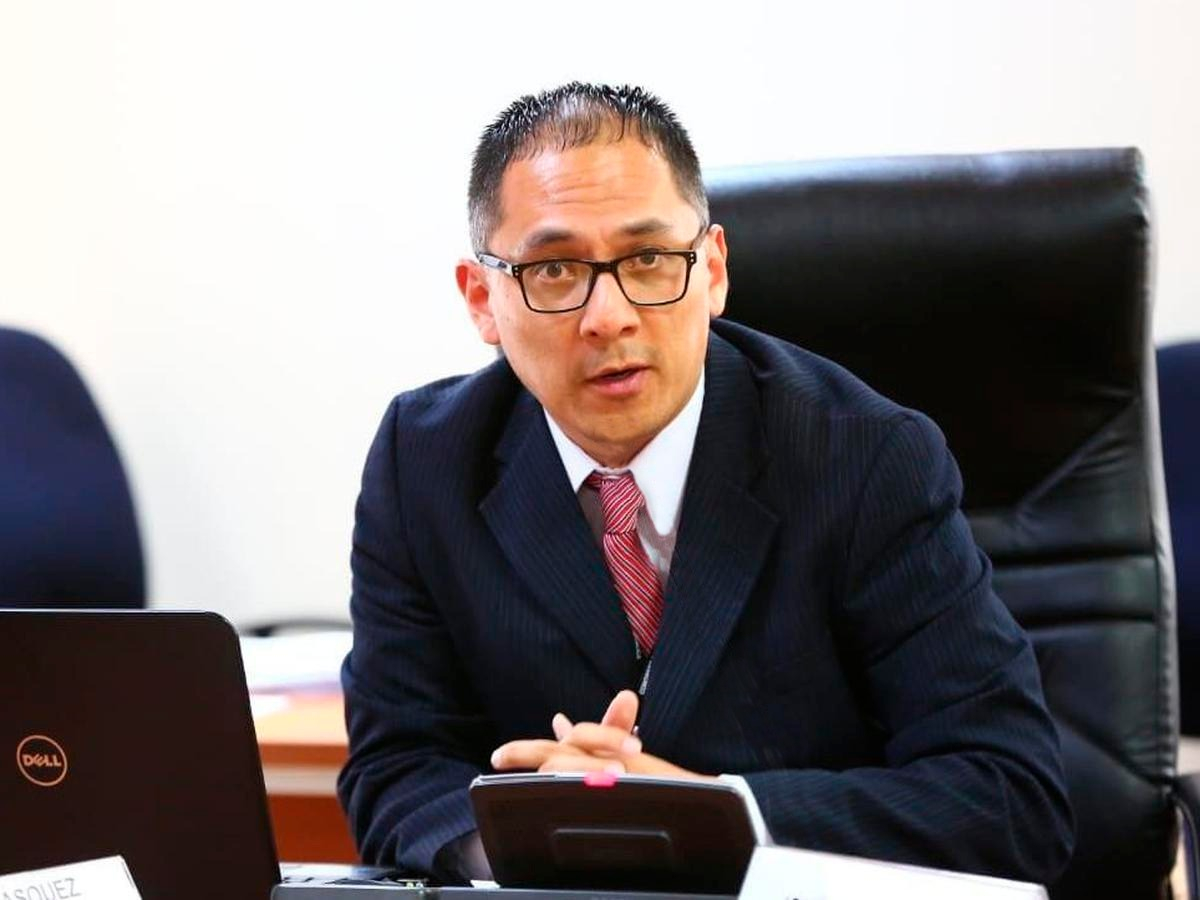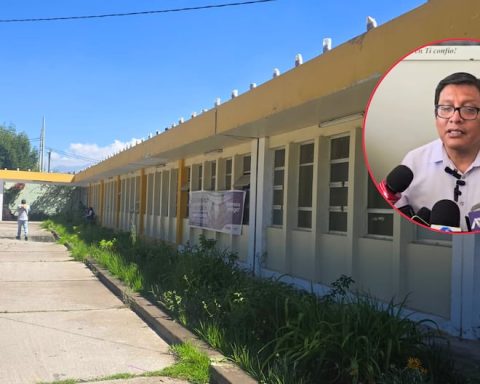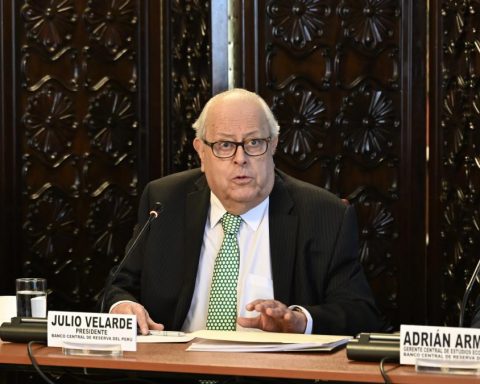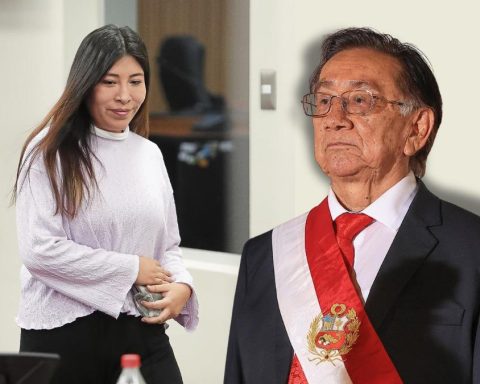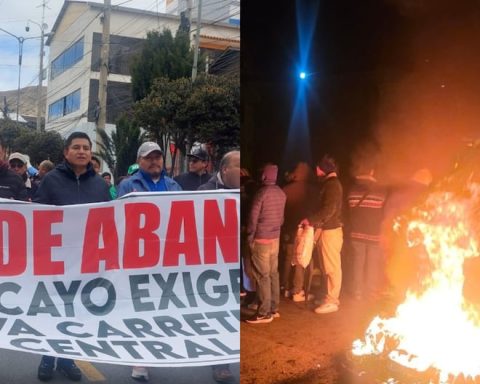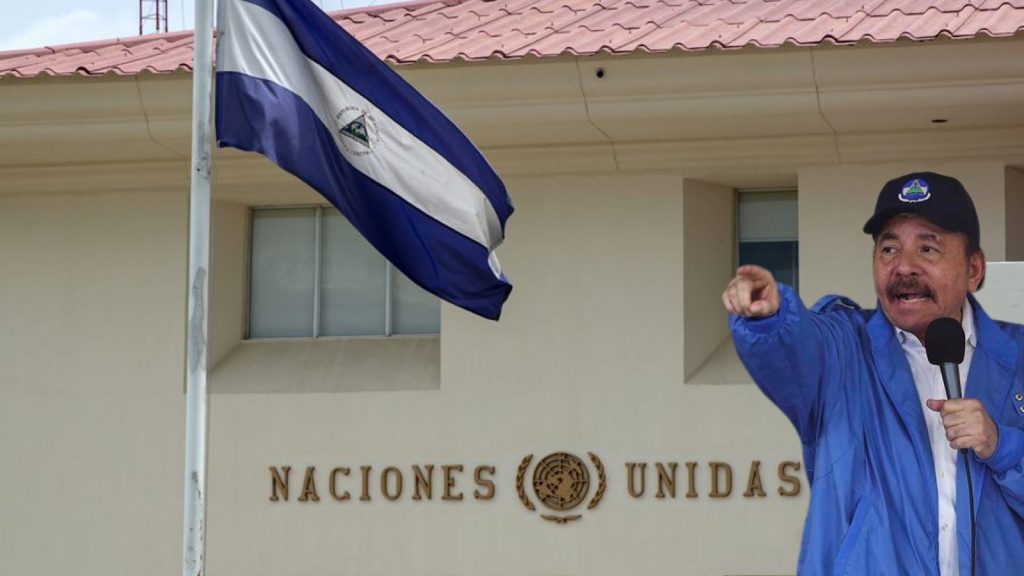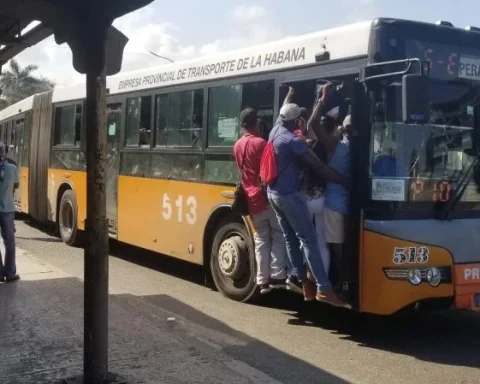The lawyer Jose Naupariconstitutionalist and specialist in electoral law, warns the Problems with election legislation as a result of changes made by Congress, and the solution options to reach a better situation in 2026, when we must elect the next president of Peru and future parliamentarians.
―How do you see electoral legislation after the attempt at political reform and what was done?
―We have had mini-reform processes: for the regional and municipal elections of 2018, the process promoted by the Executive in 2019, transitional regulations due to Covid for the elections of 2021 and 2022 and the recent dismantling or relaxing of regulations. As there is still time to make reforms to apply to the general elections of 2026, it is a process that has not ended.
―What is the most serious aspect of the current electoral laws?
―We have not finished making comprehensive reforms, considering the whole. It is serious to put up the bureaucratic barrier of the requirement of adherents, but to relax controls on the parties or incentives for an active partisan life. For example, not having committees in permanent function is no longer a cause for suspension. With the fall of the PASO (primary, open, simultaneous and obligatory elections) and the election of candidates by delegates, the incentive to have representation is removed. Added to this is the law that the parties are the only legal entities to which the consequences of crimes of their members do not apply.
―There are 35 registered parties and 29 in progress. What should be done?
―The solution should be to increase controls on internal democracy. Alliances create shell parties or small parties that hang on to a big one. That is why I am aiming for party mergers. If you do not want to eliminate them, remove the method of election by delegates, make the only applicable one ‘one member, one vote’ and raise the standard from 10 to 30%: 30% of the members should vote. If the old parties have many members, you can distinguish between the list of members and the list of voters.
―What do you think about what is pending in Congress for 2026: a plan to amend or worse?
―The purpose is more to preserve the registration of their parties, right, left, center, and generate a greater possibility for them to occupy public office in reelection or as regional and municipal authorities. In Congress, these are reforms not to strengthen, but to benefit parties with little representation or new ones because several congressmen are recently affiliated with new parties, have registered one, are in the process of registering or have parties without active militancy. For this reason, they are promoting alliances and eliminating causes for cancellation. It would not be surprising if, if they see little chance of being reelected, they block the return of the reelection of regional and local authorities so they can try their hand at the possibility there.
―Is it more likely that the re-election of governors and mayors will be approved or rejected?
―Let it be approved. The problem is that it is tied to the elimination of regional movements. I promote that this project be voted on separately.
―The Association of Regional Movements says there are no votes for the project that would eliminate them. What do you think?
―They don’t even need to approve it to be put out of the game. One alternative for Congress is to vote after October 7 (the deadline to have membership if you want to run in the regional and municipal elections of 2026). If someone wants to be a candidate, they have to play it safe and not continue to be affiliated with a regional movement that would be eliminated. So, they keep it in suspense and, as October 7 approaches, they have no choice but to make sure, resign from their regional movement and go to a party. That’s how the cadres leave.
―In the face of these changes that alarm specialists, what can citizens do?
―Vote better. The authorities can make a mess, but they must ensure the autonomy of the electoral bodies at all costs. They can have a mess, but you have to ensure at least that the results are an authentic reflection of the popular will. That means having objective, independent and impartial electoral authorities, outside of political power. They can do what they want, they can be punished with the vote, but if Congress manages to bring the electoral bodies to their knees or condition their independence and autonomy, there is a serious threat to the freedom of the people, to the respect of their popular will.
―There is a citizen initiative against bicameralism, which is collecting signatures. Is it feasible to eliminate it this way or is it already a path of no return?
―A path of no return because that would involve Congress itself, since it would be an initiative for constitutional reform. And even if they are rejected by Congress, they cannot go to a referendum because they were not approved or were distorted. Congress will archive it.
―Should political reform be included on the electoral agenda for the 2026-2031 period?
―It should be approached in a more dispassionate manner, which is complicated because politics is passion. I have reservations about bicameralism because it creates a much more complicated dismantling in any area because it has to go through two layers. The number will be important, which is clear that this Congress will increase, and the way of election, especially of the Senate: it is enough to control it to block everything. And if the Chamber of Deputies is not won, a reform will not reach the Senate. And if it is a fragmented chamber, how can the votes be obtained?
―Do you think these initiatives you propose to improve the 2026 election are feasible if we know how they have behaved?
―No. From what I hear and see in the projects, they are going to ensure the task: increase the number, perhaps not to annul the causes of cancellation, but to suddenly give a grace period for the parties not to present lists, or to annul barriers to alliances. As long as there is already a bill, I think that is what will tend to be approved.
―Is it a dead end?
―A path that is being defined not even by the parliamentary majority, but by the different political interests of all spectrums that are represented in Congress.
